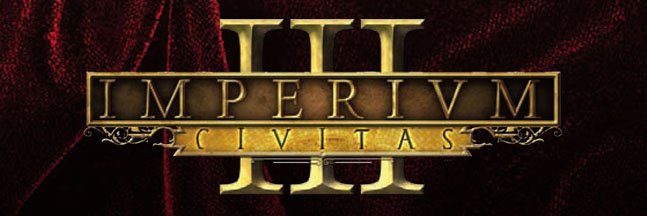You must think that the availability of certain products in your city, produced or traded as best as you can, is always a good thing.
I don’ agree.
First. On real world, the supply-demand rule says if supply is bigger than demand prices tend to drop; if the demand is bigger than supply price tend to increase.
Some missions of citybuilding games that I’ve played, it was enough pick the most lucrative item to trade, produce it till I drop and expect, comfortably, smooth constant revenue from it.
Second: some items/products have a direct impact on you city/people. A few examples:
Grain
Positive impact: population boost. The number of birth on or city will increase.
Negative Impact: if too much produced/stored the probability of been affected by plague of rats would increase. Entire stocks could be lost.
Vegetables/fruits
Positive impact: better nutrition. Better nourish people live longer and don’t get sick often.
Negative impact: If too much produced/stocked the probability of rotting would increase. Entire stocks could be lost.
Salt
Positive Impact: less time recruiting/training soldiers. After all, salarium argentum, "salt payment" – was the first form of payment to Roman soldiers.
Negative impact: food would taste considerably better. People would consume more food than usually.
Wine
Positive impact: less risk of riots. People would be happier regardless your poor government skills.
Negative impact: drunk or “happier” people tend to work less. Your city production would be affected.
Weapons
Positive impact: you can have heavy infantry and better trained soldiers.
Negative Impact: although lucrative trade route, when available to your enemies they would grow stronger and bolder against you.
Olive Oil
Positive impact: illumination. It might be used as fuel (with a piece of wick you could light up a house). Its extensive use on mines (gold or iron) would allow their production to increase.
Negative impact: Fire spreading. The probability of fire spreading on your city would increase dramatically.
As you can see, managing citybuilding games is no more than careful planning and balance. All produced goods should have positive or negative impact on your city.
We could compensate, however, the negative impact of some goods using others simultaneously: for example, salt and olive oil have been an ancient excellent way to preserve food. The danger of losing stored perishable crops would be reduced.
